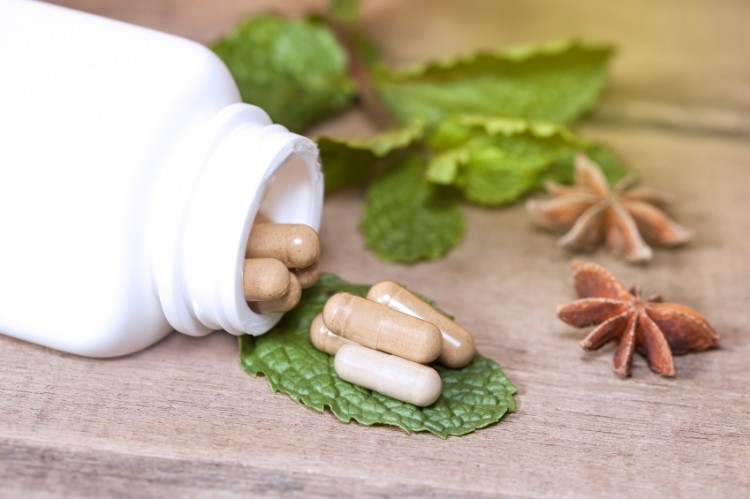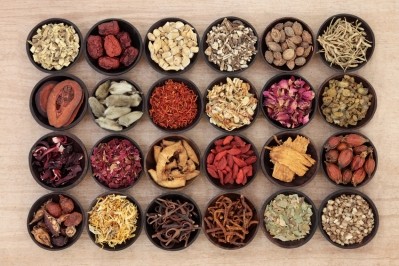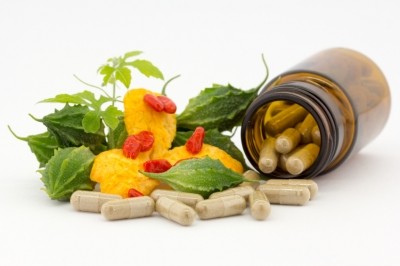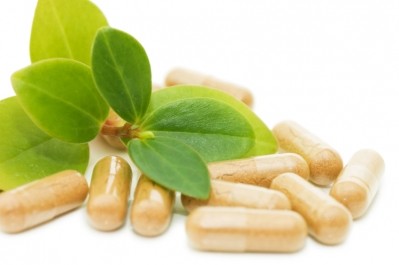THMPD: Has it delivered?

Since EU’s THMPD (Traditional Herbal Medicinal Products Directive) came into force in 2011, there have been 1204 registrations, taking the total number of registrations since the directive became applicable up to 1577, according to European Medicines Agency (EMA) figures.
The underlying purpose of the THMPD was to protect consumers by requiring companies to register traditional medicinal herbal products. Products have to meet certain criteria. For example, they must be able to demonstrate at least 15 out of 30 years of usage within the EU - potentially putting non-European herbal traditions at a disadvantage - and meet certain quality and manufacturing practices.
The extent to which this system has outlawed herbal products that don’t meet these requirements or that aren’t registered is difficult to gauge.
Across Europe, 215 applications have been refused since the directive was implemented. Then there are the products that are on sale illegally or rest in the borderline between food supplements and medicinal products.
Of these, Sam Jennings, technical adviser for the Council for Responsible Nutrition UK (CRN-UK), said: “Within the UK, the Medicine and Healthcare products Regulatory Agency [MHRA] is constantly working to have unregistered products removed from the market, though this is made difficult owing to the very wide internet market. Enforcement differs from member state to member state and is partly affected by the resources available to the national authorities.”
Luca Bucchini, managing director of Italy-based Hylobates Consulting, agreed that the reality of THMPD varied greatly from state to state.
“It seems that in some member states, unregistered products are still on the market, while in others, policing has been more effective,” he said.
One of the criticisms levelled at the THMPD by lobbyists was was that it would disadvantage smaller companies who couldn’t afford expensive registration fees - a prediction that has materialised, according to Bucchini.
“In some member states, they have made it very difficult for firms to apply for registration under the THMPD, especially by charging high fees,” he said.
Michel Horn, chairman of the European Federation of Health Products Manufacturers Associations (EHPM), added “many products had been withdrawn from the market because it is difficult and expensive for small companies to obtain authorisation.”
UK tops registration table
It is no coincidence that the UK and Germany have granted the most authorisations - 344 and 263 respectively, followed by Poland and Austria, whilst France and Italy are among the countries that have granted the fewest authorisations; France has granted 23, and Italy, just 10.
This, said Bucchini, is a legacy of two different approaches that have evolved in Europe.
“In Germany and the UK, the medicinal approach prevailed. This approach is embodied in the THMPD. In Italy, on the other hand, and to some extent elsewhere, the food supplement approach prevailed,” he said.
As a result, in those countries where most botanicals have historically been considered food rather than medicines, companies are opting for ‘food supplement’ status for their botanical products, rather than going down the THMPD registration route. This explains the minimal number of THMPD registrations in Italy.
“Certain member states allow a large range of botanicals to be used in food supplements, whereas in other member states, a number of those botanicals would only be permitted in THMP,” explained Jennings.
As an example, senna, a botanical used for its effect on bowel movement, is considered by the UK MHRA to be a medicine by function, whereas in Italy, France and Belgium, it is considered a food grade ingredient as long as certain daily limits are not exceeded.
This means that in these countries there is no incentive for companies to apply for THMPD status.
“Claims can be made for food supplements based on history of use. So when you look at how the authorities are handling things, at the moment there is no need for companies take the THMP route. Food supplement status gives them more freedom to explain a product’s benefits. As a result, today, in these countries, there are tens of thousands of products on the market as food supplements and very few as THMP,” said Horn.

















